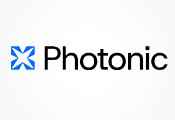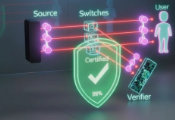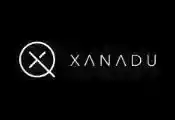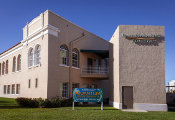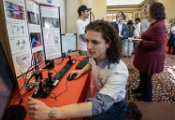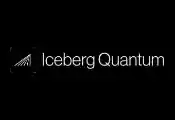qBraid Awarded NSF Grant to Advance Open-Source Quantum Software Ecosystem
Chicago, IL, September 11, 2025 -- qBraid, a leading platform for quantum software and cloud solutions, has been awarded a $300,000 Phase I grant from the National Science Foundation’s Pathways to Enable Open-Source Ecosystems (POSE) program to support the growth of the qBraid-SDK.
The qBraid-SDK is a hardware-agnostic, open-source runtime and middleware framework that unifies how developers interact with quantum hardware. Today, the quantum software landscape is fragmented by proprietary stacks and vendor-specific tools. By reducing technical barriers and promoting interoperability, the SDK provides a common foundation for experimentation, reproducibility, and innovation across the ecosystem. Its open-source model ensures transparency and invites contributions from academia, startups, and industry alike.
Through NSF support Award #2516923, qBraid will:
- Formalize governance structures and community practices to sustain long-term growth.
- Expand the contributor base, building on today’s interoperability across 25+ devices and 20+ frameworks, and fueling further growth in accessible hardware and software support.
- Extend upward into algorithm layers, adding support for parameterized circuits, batch execution, hybrid workloads, and HPC integration to accelerate development of useful quantum applications.
- Strengthen contributor infrastructure, CI/CD pipelines, community tools, and onboarding resources.
“Open-source collaboration is essential for scaling the quantum computing ecosystem,” said Ryan Hill, CTO of qBraid. “The NSF POSE program provides us with the resources to strengthen qBraid-SDK’s role as a platform-agnostic runtime framework, enabling quantum hardware providers and software developers to connect more easily and accelerate innovation.”
The project is led by Ryan Hill (PI), with support from Ricky Young, Dr. Kenneth Heitritter, and Dr. Tarini Hardikar, and includes collaborations with Q-CTRL, QuEra, and Oxford Quantum Circuits.

